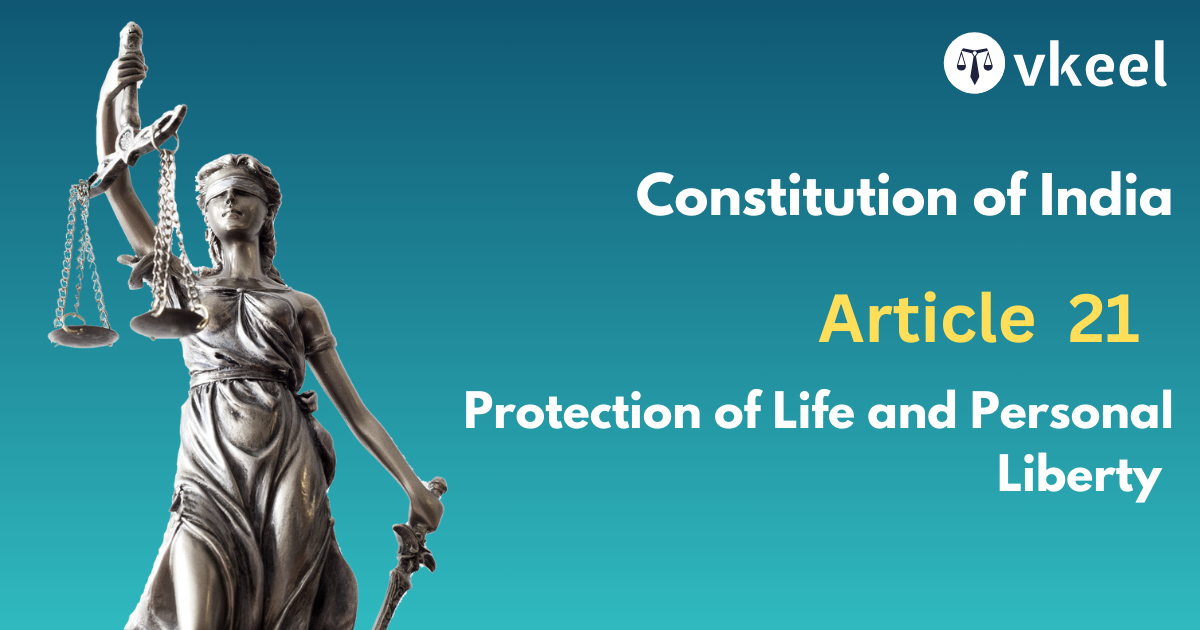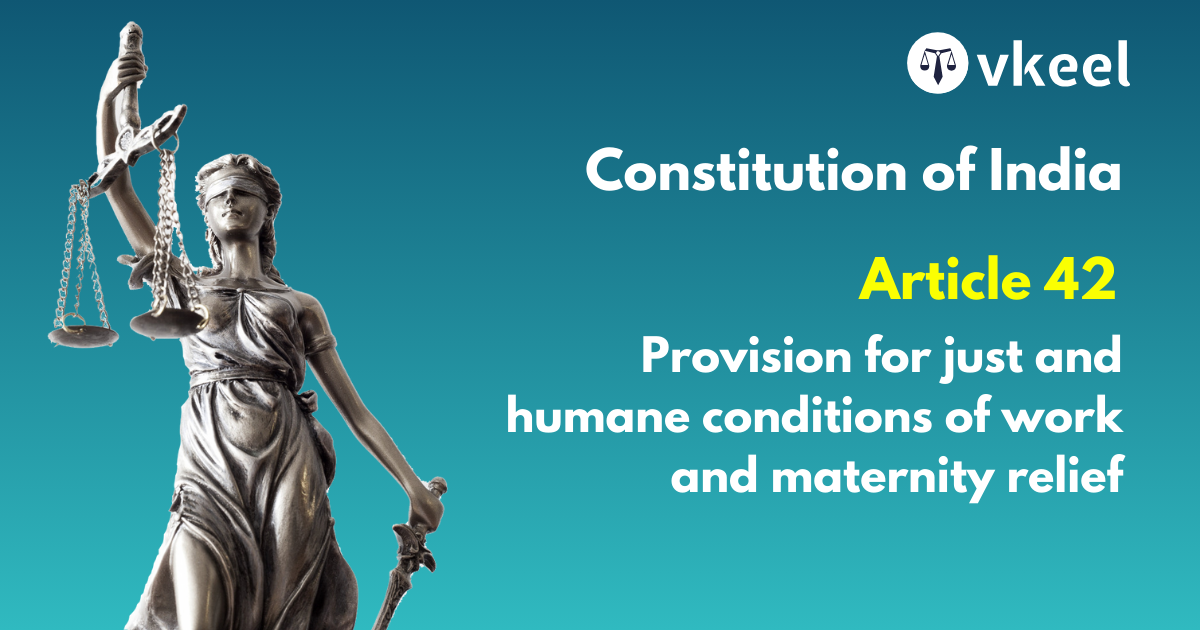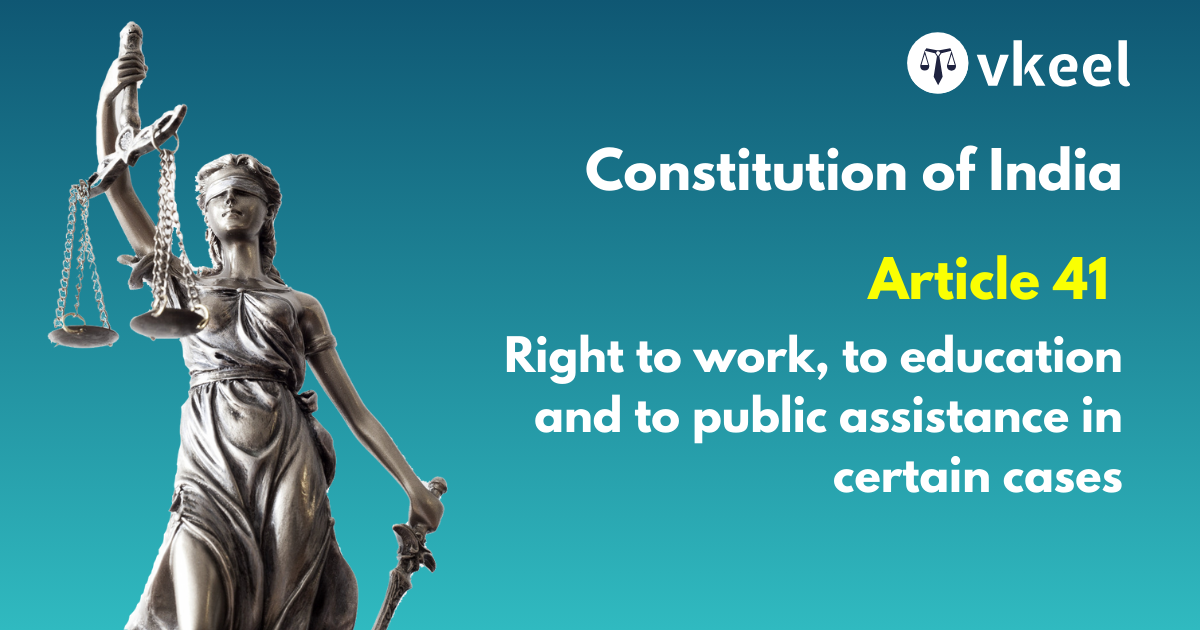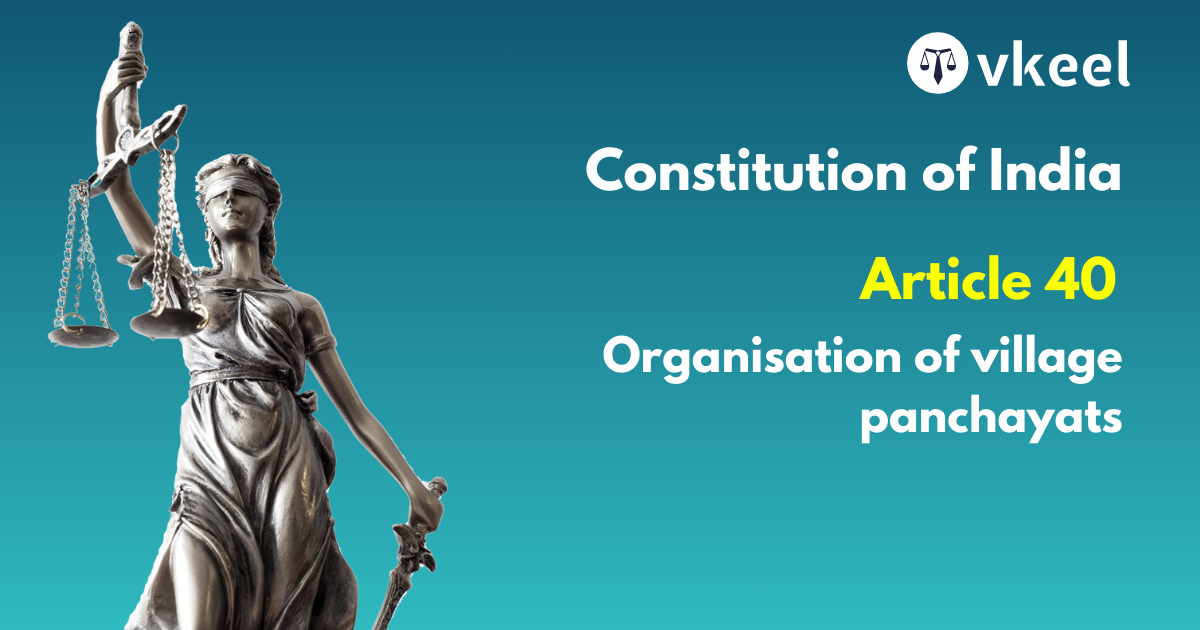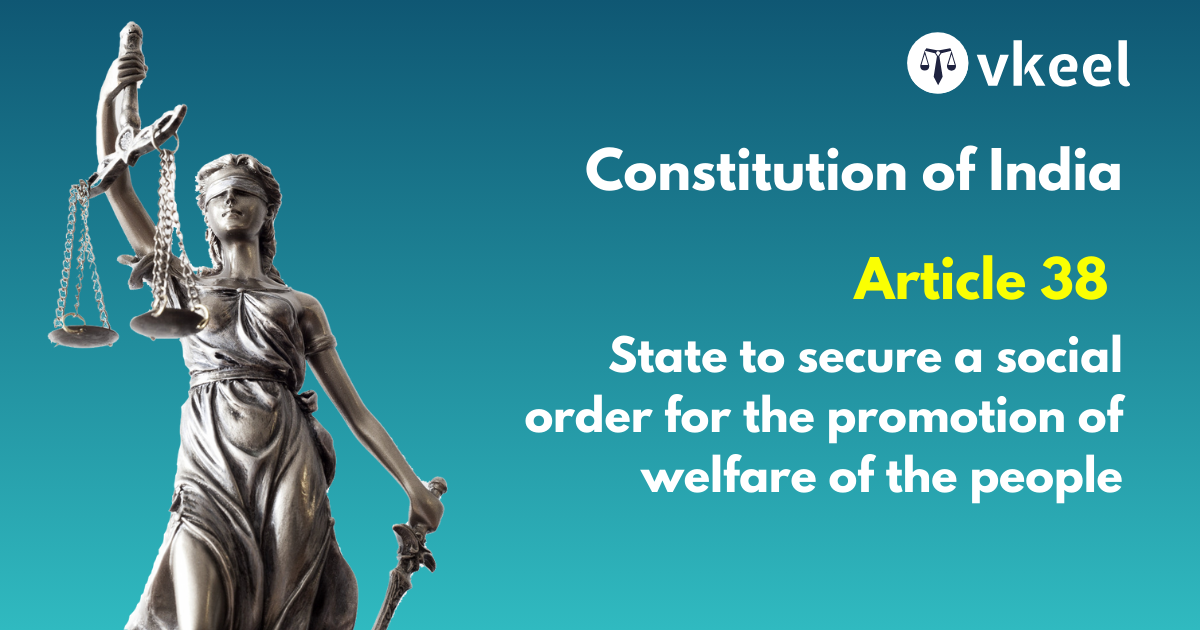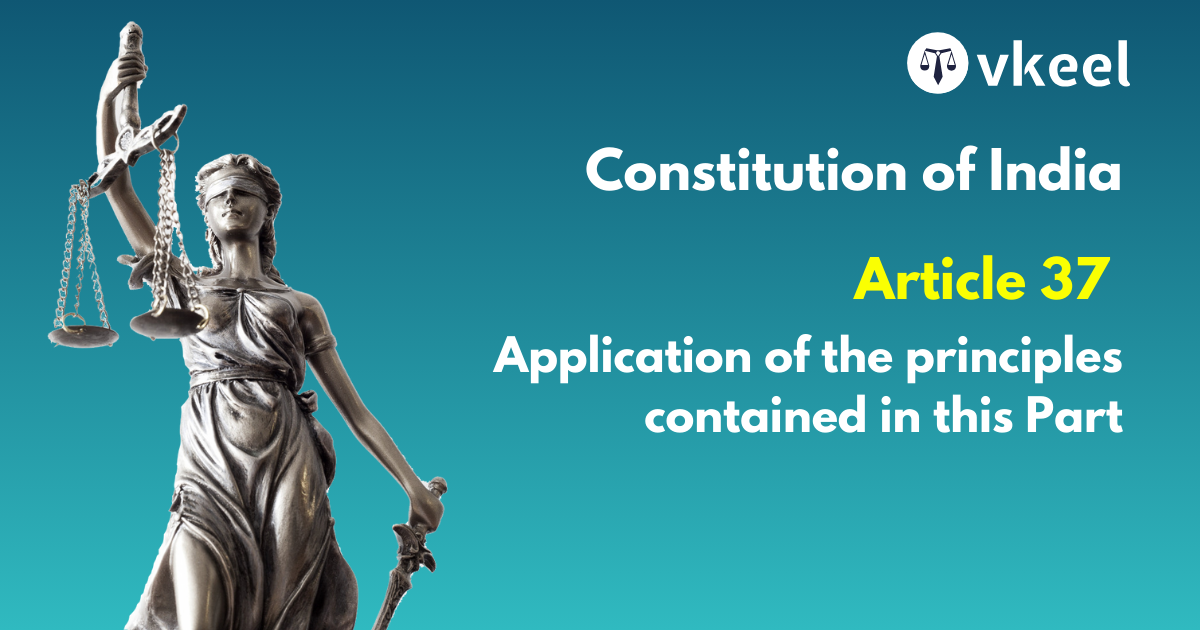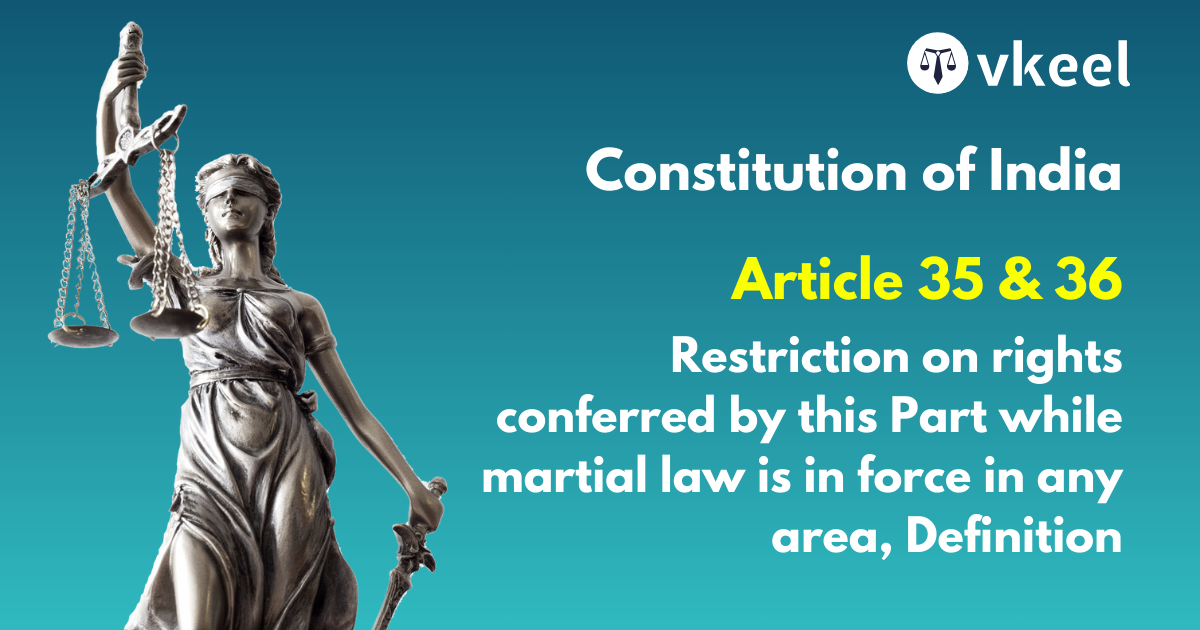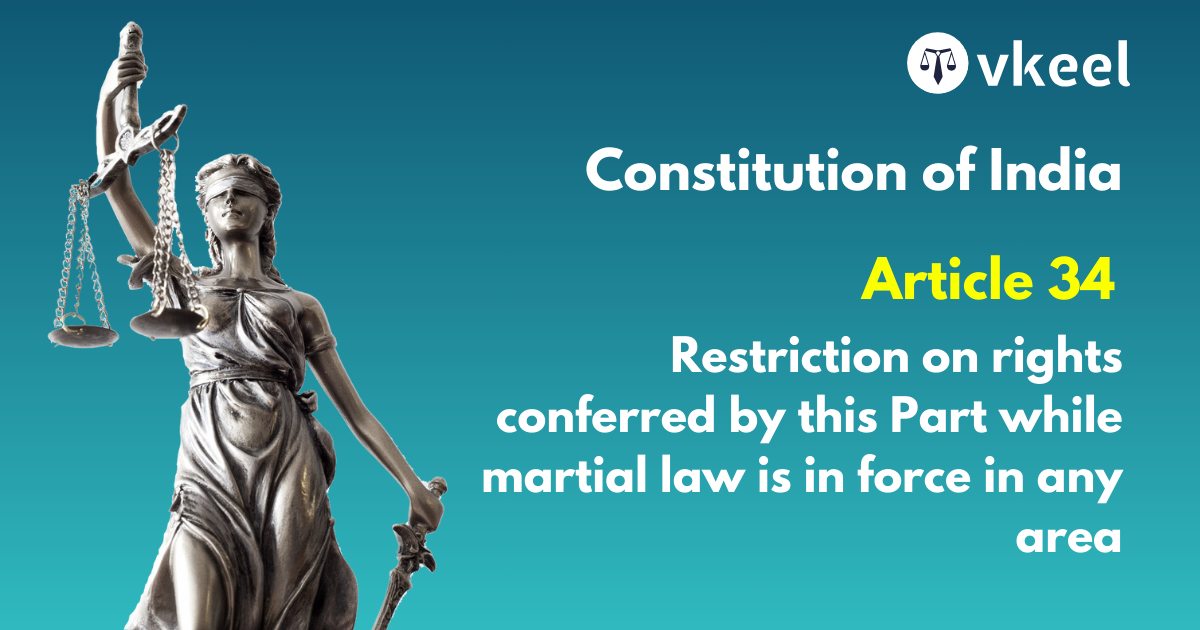Article 21 Protection of life and personal liberty.
By Vanshika Saini
Table of Contents
Introduction
Article 21 of the Constitution guarantees that no person shall be deprived of his life or personal liberty” except according to the procedure established by the Law.
This right is provided to both the citizens as well as non- citizens. Right to education for children of the age of six to fourteen years has been made a fundamental right under Article 21A.
Article 21
Protection of life and personal liberty.—No person shall be deprived of his life or personal liberty except according to procedure established by law.
Landmark Judgements
State of Punjab vs Ram Lubhaya Bagga
Right to rehabilitation: Rehabilitation is a facet of article 21. It is not only about providing just food, clothes or shelter. It is also about extending support to rebuild livelihood by ensuring amenities of life. Rehabilitation of the oustees is a logical corollary of article 21. The oustees should be in a better position to lead a decent life and earn livelihood in the rehabilitated locations. The overarching projected benefits from a particular project at the location from which people are ousted should not be counted as an alibi to deprive the fundamental rights of oustees. They should be rehabilitated as soon as they are uprooted.
Sukhdev vs Union Territory of Andhra Pradesh 1986
Right to Legal Aid: An accused person at lease where the charge is of an offence punishable with imprisonment, is entitled to be offered legal aid, if he is too poor to afford counsel. Counsel for the accused must be given sufficient time and facility propant for preparing the defence. Breach of these safeguards of fair trial would invalidate the trial and conviction.
K. Anbazhagan vs Supdt. of Police 2004 Right to fair trial: Free and fair trial is sine qua non of article 21 of the Constitution. It is trite law that justice should not only be done but it should also be seen to have been done. Denial of a fair trial is as much injustice to the accused as it is to the victim and the society. Fair trial obviously would mean a trial before an impartial Judge, a fair prosecutor and an atmosphere of judicial calm. Fair trial means a trial in which bias or prejudice for or against the accused, the witnesses, or the cause which is being tried is eliminated. If the witnesses get threatened or are forced to give false evidence that also would not result in a fair trial. The failure to hear material witnesses is certainly denial of fair trial. The State has a definite role to play in protecting the witnesses, to start with at least in sensitive cases involving those in power, who have political patronage and could wield muscle and money power, to avert trial getting tainted and derailed and truth becoming a casualty.
Francis Coralie Mullin Vs Administrator, Union Territory of Delhi, 1981
Every limb or faculty through which life is enjoyed is protected by article 21 and a fortiorari, this would include the faculties of thinking and feeling. The expression ‘life’ in this article on does not connote mere animal existence or continued drudgery through life. It means something much more than just physical survival. It has a much wider meaning which includes right to livelihood, better standard of living, hygienic conditions in the workplace and leisure.
Sunil Batra Vs Delhi Administration, 1978
A dynamic meaning must attach to life and liberty. Article 21 of the Constitution of India has been interpreted to include the right to live with human dignity and all that goes along with it, namely the bare necessaries of life such as adequate nutrition, clothing and shelter and facilities for reading, writing and expressing oneself in diverse forms, freely moving about and mixing and commingling with fellow human beings. Of course, the magnitude and content of the components of this right would depend upon the extent of the economic development of the country, but it must, in any view of the matter, include the right to the basic necessities of life and also the right to carry on such functions and activities as constitute the bare minimum expression of the human self. Every act which offends against or impairs human dignity would constitute deprivation pro tanto of this right to live and it would have to be in accordance with reasonable, fair and just procedure established by law which stands the test of other fundamental rights.
Dilip S. Dahunukar vs Kotak Mahindra Co. ltd Right to Appeal: Right of appeal from a judgment of conviction affecting the liberty of a person keeping in view the expansive definition of article 21 is also a fundamental right. Right of Appeal, thus, can neither be interfered nor it can be subjected to any condition.
Conclusion
The courts of law have thereby always dealt with the freedom of personal liberty with great care and precautions towards the citizens of the country.
The judicial standpoint of the aforesaid article upholds the basic principles of liberty and natural justice in the country.
Disclaimer:
The information provided in the article is for general informational purposes only, and is not intended to constitute legal advice or to be relied upon as a substitute for legal advice. Furthermore, any information contained in the article is not guaranteed to be current, complete or accurate. If you require legal advice or representation, you should contact an attorney or law firm directly. We are not responsible for any damages resulting from any reliance on the content of this website.

